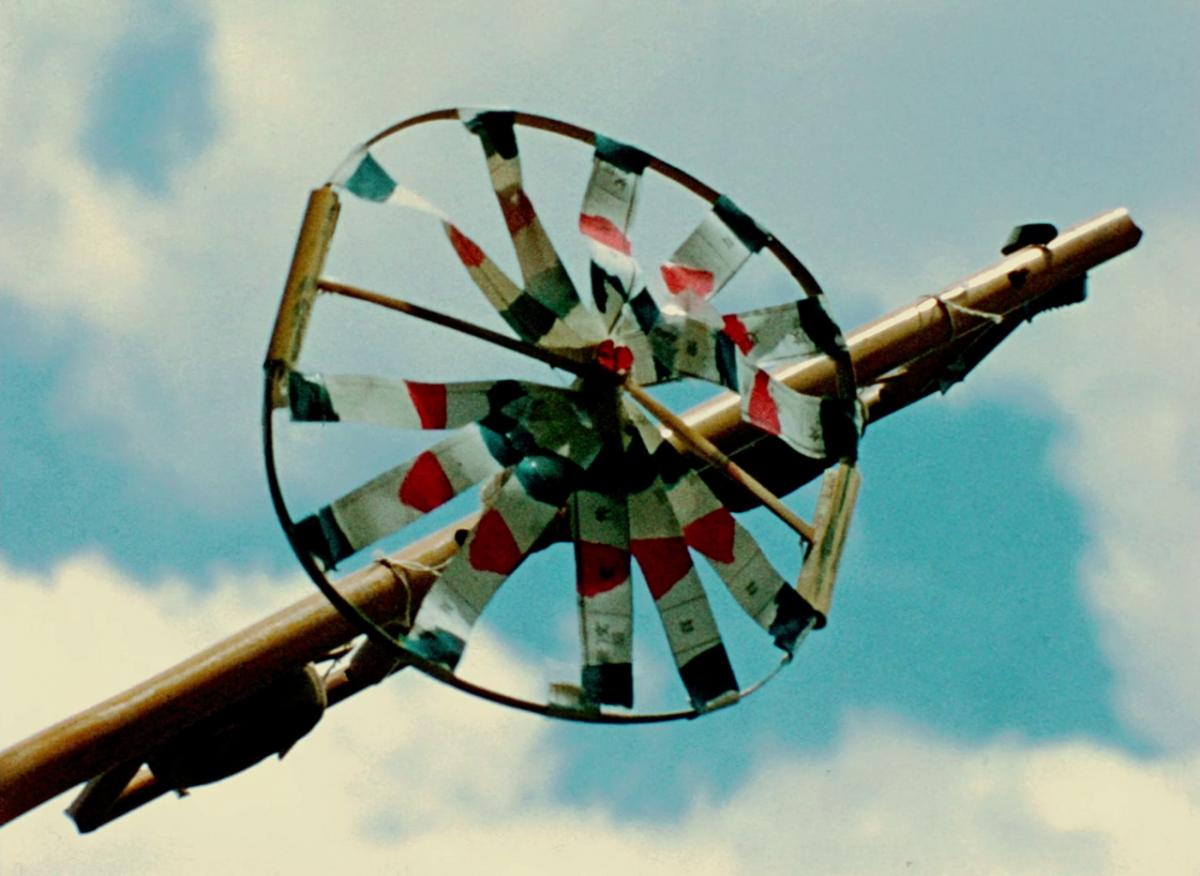Sunday in Peking
A Model Film
On the occasion of Éditions Macula’s recent edition of the collected works of André Bazin (1918-1958), Sabzian will publish nine texts written by the French film critic between 1947 and 1957, both in the original French version and the Dutch and English translations. Bazin is sometimes called “the inventor of film criticism”. Entire generations of film critics and filmmakers, especially those associated with the Nouvelle Vague, are indebted to his writings on film. Bazin wasn’t a critic in the classical sense. François Truffaut regarded him as an “écrivain de cinéma” [“cinema writer”], who sought to describe films rather than judge them. For Jean-Luc Godard, Bazin was a “filmmaker who did not make films but who made cinema by talking about it, like a pedlar”. In the preface to Bazin’s What Is Cinema?, Jean Renoir went one step further by describing Bazin as the one who “gave the patent or royalty to the cinema just as the poets of the past had crowned their kings”. Bazin began writing about film in 1943 and founded the legendary film magazine Cahiers du Cinéma in 1951, alongside Jacques Doniol-Valcroze and Joseph-Marie Lo Duca. He was known for his plea for realism as a crucial cinema operator. Film opens a “window on the world”, according to Bazin. His writings would also be important for the development of the auteur theory. He was an editor of Cahiers until his death.

You have to see it in any case to admire [...] the exact opposite of a perfect reportage with commentary. Chris Marker’s Sunday in Peking unfortunately lasts just twenty minutes, and the crop of images seems poor compared to Pedrazzini’s. But the image is not limited here to itself. Its value is developed in two supplementary dimensions: the editing and the commentary. More precisely, Sunday in Peking is not a reportage with commentary, however intelligent it is. Rather, it is an original work of literature, cinema and photography all at the same time. A new and modern reality based as much on language and words as on the power of the image. Some of these images would lose all poetic charge and documentary significance anyway if cut off from the images that frame them and the text that percusses them. Sunday in Peking is neither a poem, nor a reportage, nor a film, nor a historical declaration of faith, but rather a dazzling synthesis of all the above. Chris Marker went to China, and more than the images he brought back on film, it is those he recorded in his mind that matter and deserve our attention.
This text was originally published as ‘Dimanche à Pékin. Un film modèle’ in Radio-Cinéma-Télévision 389 (30 June 1957) and recently in Hervé Joubert-Laurencin, ed., André Bazin. Écrits complets (Paris: Macula, 2018).
With thanks to Yan Le Borgne.
© Éditions Macula, 2018

